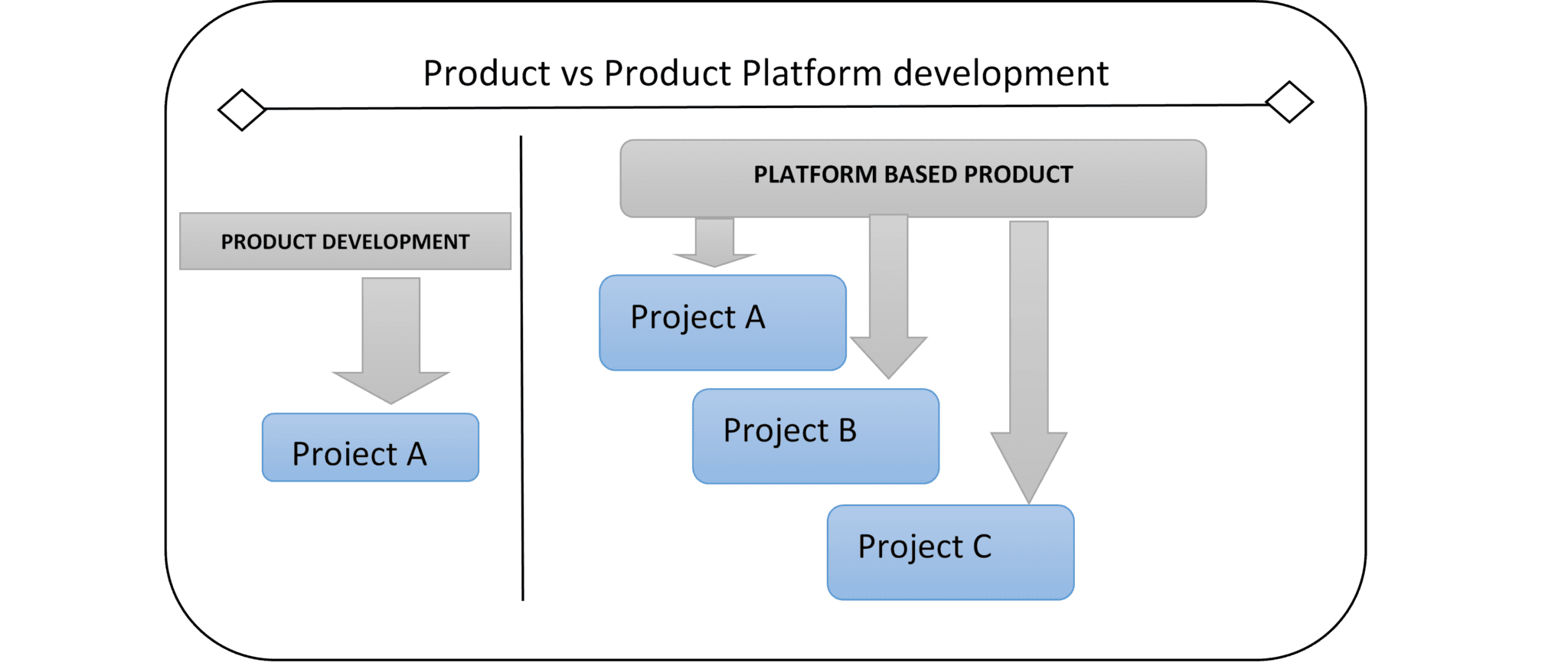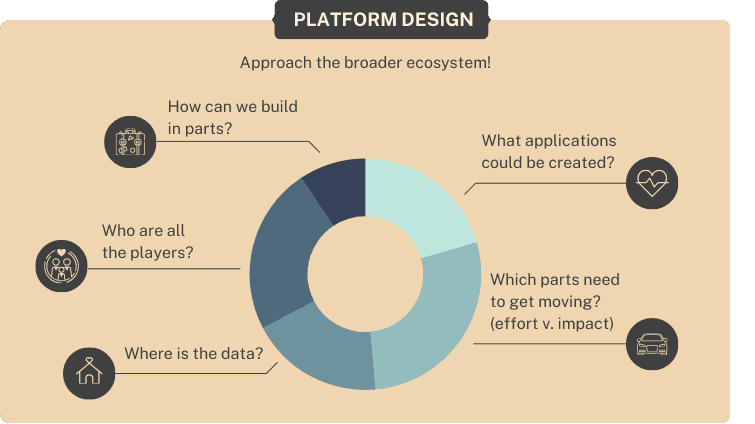Dec 11, 2023
Mark Bench
The military and defense sector has been at the forefront of adopting and leveraging artificial intelligence (AI) technologies to enhance various capabilities. Here is a comprehensive overview of the key use cases and applications of AI in this domain, along with their advantages and potential concerns:
1. Surveillance and Reconnaissance:
– AI algorithms can analyze vast amounts of data from surveillance cameras, satellite imagery, and drone footage to detect and identify potential threats, track enemy movements, and provide real-time situational awareness.
– Advantages: Improved accuracy, faster processing, and the ability to handle large volumes of data.
– Potential Concerns: Privacy and ethical considerations around the use of AI-powered surveillance systems.
2. Autonomous Vehicles and Weapons Systems:
– AI is enabling the development of autonomous and semi-autonomous vehicles, including unmanned aerial vehicles (UAVs), ground vehicles, and even autonomous weapons systems.
– Advantages: Reduced risk to human personnel, increased precision, and the ability to operate in dangerous or inaccessible environments.
– Potential Concerns: Ethical debates around the use of autonomous weapons, potential for unintended consequences, and the risk of AI-powered systems falling into the wrong hands.
3. Intelligence Analysis and Decision Support:
– AI-powered systems can rapidly process and analyze large amounts of intelligence data, including signals intelligence, imagery intelligence, and human intelligence, to identify patterns, predict threats, and support decision-making.
– Advantages: Improved situational awareness, faster decision-making, and the ability to handle complex, high-volume data.
– Potential Concerns: Reliance on AI-generated insights, potential for biases or errors in the data or algorithms, and the need for human oversight and accountability.
4. Logistics and Supply Chain Management:
– AI can optimize logistics and supply chain operations, including inventory management, transportation planning, and predictive maintenance.
– Advantages: Improved efficiency, reduced costs, and enhanced responsiveness to changing operational needs.
– Potential Concerns: Cybersecurity risks and the potential for disruptions in critical supply chains.
5. Predictive Maintenance and Asset Management:
– AI-powered systems can analyze sensor data and maintenance records to predict when equipment or systems are likely to fail, enabling proactive maintenance and reducing downtime.
– Advantages: Improved equipment reliability, reduced maintenance costs, and increased operational readiness.
– Potential Concerns: Reliance on the accuracy and completeness of data, as well as the potential for AI-driven decisions to override human expertise.
6. Cybersecurity and Threat Detection:
– AI can be used to detect and respond to cyber threats, identify vulnerabilities, and protect critical infrastructure and systems.
– Advantages: Improved threat detection, faster response times, and the ability to handle complex, evolving cyber threats.
– Potential Concerns: Potential for AI-powered cyber attacks, the need for robust data security measures, and the potential for AI-driven decisions to overlook certain threats.
7. Training and Simulation:
– AI-powered simulations and training systems can provide realistic, immersive environments for military personnel to practice and hone their skills, without the need for live-fire exercises or expensive equipment.
– Advantages: Cost-effective training, the ability to simulate complex scenarios, and the potential for personalized, adaptive training.
– Potential Concerns: The need for careful validation and testing of AI-powered training systems to ensure they accurately reflect real-world conditions.
As the military and defense sector continues to embrace AI technologies, it is crucial to address the potential concerns and ethical considerations surrounding their use. Responsible development and deployment of AI, with a focus on transparency, accountability, and human oversight, will be essential to ensuring the safe and effective integration of these technologies into military operations.

Begin innovating with a “Platform as a Product” mindset.
“Platform as a Product” is an engineering, organizational concept, and design-thinking approach...
Read more
Aug 19, 2024

The Role of Venture Studios in the Startup Ecosystem
Venture studios are a new and innovative way to incubate and launch successful startups. But what....
Read more
Aug 19, 2024
Read More


